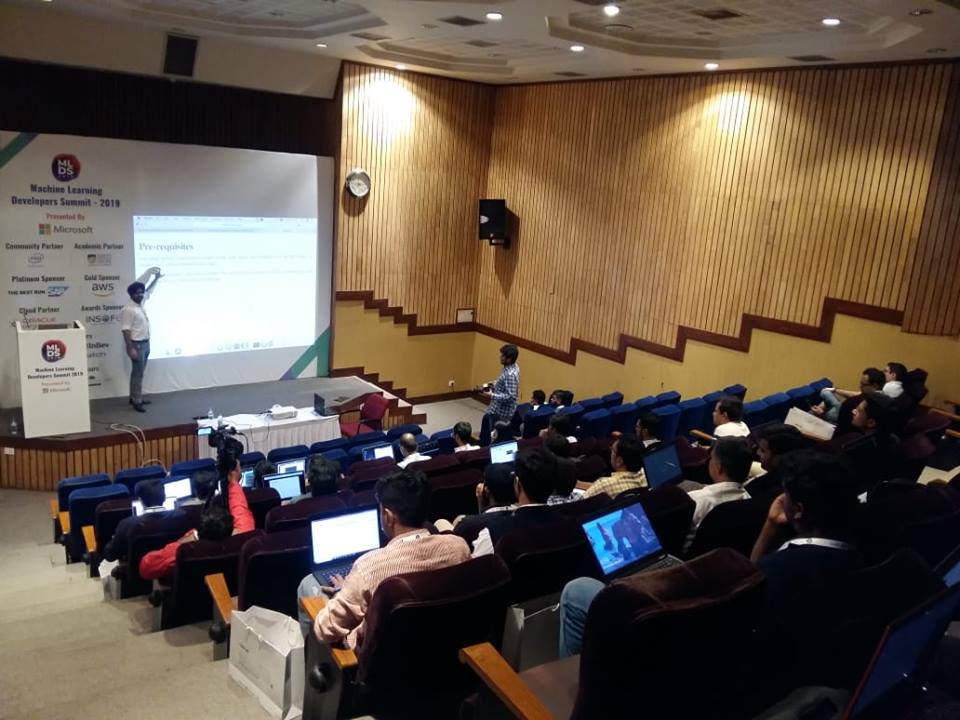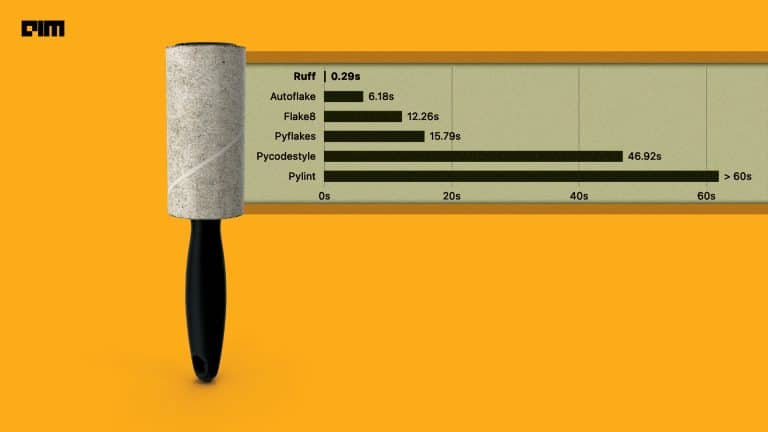Data engineers build massive reservoirs for big data. They develop, construct, test and maintain data architecture and have a large role to play in a data environment. They make useful data available to data scientists to further analyse. With the payscale reaching as high as ₹11,25,000 per annum, the role has gained much importance in the last couple of years. Here’s a deep dive into the role that a data engineer has in an organisation.
Role Of A Data Engineer
A data engineer is needed to design, build, install, test and maintain highly scalable data management systems and ensure that their data management satisfies the business requirements. They build high-performance algorithms and models to pass it on to data scientists to analyse, before which they make the data useful out of the raw data. Their job is to recommend ways to improve data reliability, efficiency and quality. They use data to discover tasks that can be automated Their ultimate aim is to provide clean, usable data to whoever may require it.
Data Engineers are tasked with managing and organising data, while also keeping an eye out for trends or inconsistencies that will impact business goals. It’s a highly technical position, requiring experience and skills in areas like programming, mathematics and computer science. But data engineers also need soft skills to communicate data trends to others in the organisation and to help the business make use of the data it collects. Some of the most common responsibilities for a data engineer include:
1.Data Ingestion:
Data ingestion is a process by which data is moved from one or more sources to a destination where it can be stored and further analysed. The data might be in different formats and come from various sources, including RDBMS, other types of databases, S3 buckets, CSVs, or from streams. Since the data comes from different places, it needs to be cleansed and transformed in a way that allows you to analyse it together with data from other sources. Otherwise, your data is like a bunch of puzzle pieces that don’t fit together. A Data Engineer would need to know how to efficiently extract the data from a source, including multiple approaches for both batch and real-time extraction. Additionally, they need to know about both standard connections.
2.Data Synchronisation and Transformation:
Incremental loading of data is always supported and so data engineers are known to know how to detect changes in source data, merge and sync changed data from sources into a big data environment. They are also responsible for the integration and transformation of the data for a specific use case.
3.Data Governance:
When data engineering teams implement a set of tools for data ingestion, sync, transformation, and models, they need to be aware of data governance concepts and be sure that the tooling and platform also support the need for good governance.
4.Data Models:
Data pipelines must be both scalable and efficient. The ability and understanding of how to optimise the performance of an individual data pipeline and the overall system are a higher-level data engineering skill. In order to optimise the performance of queries and the creation of reports and interactive dashboards, the data engineering group needs to know how to denormalise, partition, index data models or understand tools and concepts regarding in-memory models.
Skills
Here are some of the languages and tools that a data engineer, in general, is expected to be well-versed with.
- Software development: R, Python, Java
- Scala
- Data warehouse
- Data modelling
- Big data analytics
- ETL (extra, transform, load)
- Apache Spark, Apache Hadoop
The Changing Role Of A Data Engineer
Earlier data engineers had to extract the data from operational systems and pipe it somewhere that data analysts could have access. They were the very first people to handle the data. Their job was to make the available raw data easy to analyse to data scientists, by transforming the data in some form.



















































































